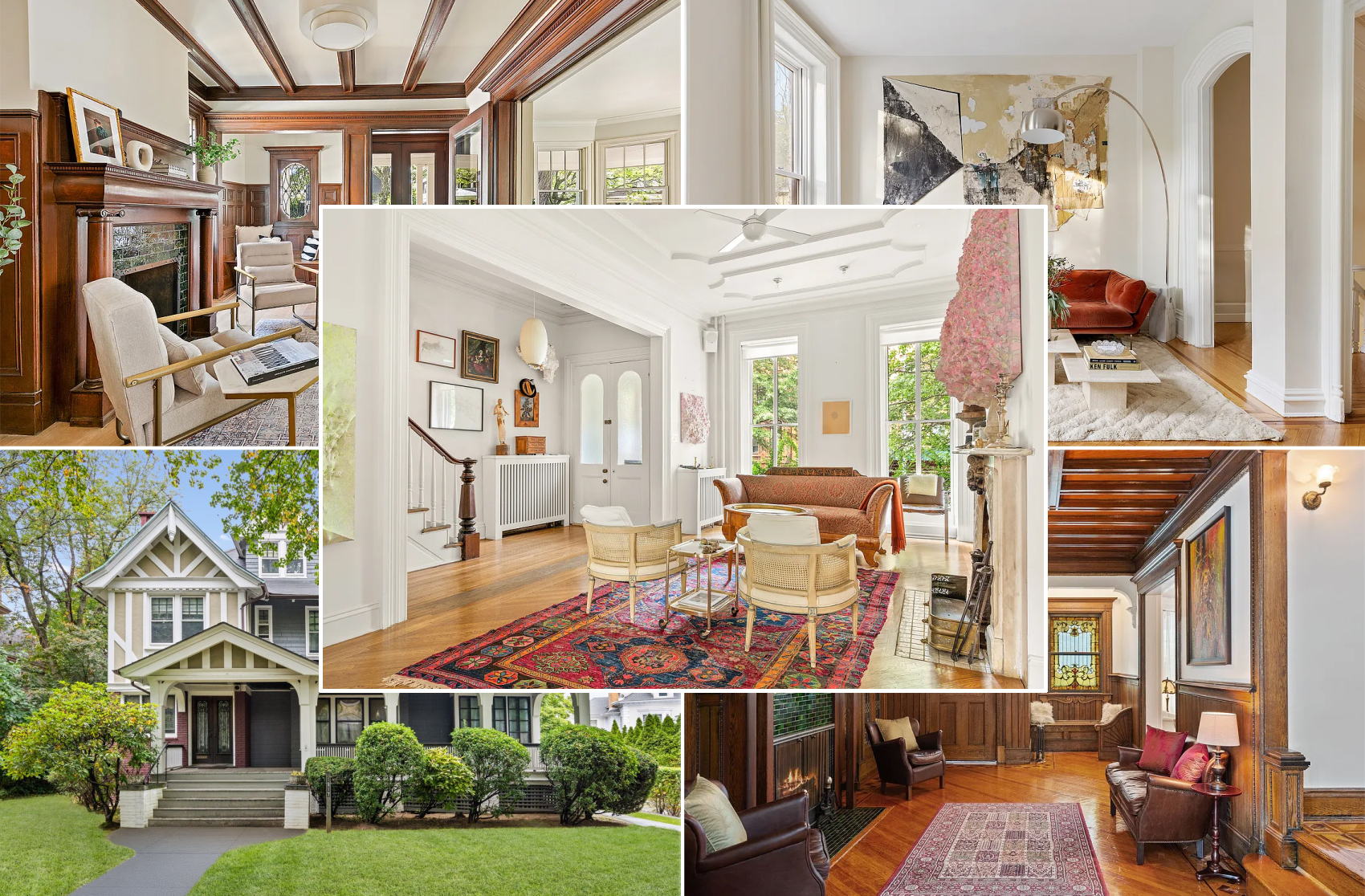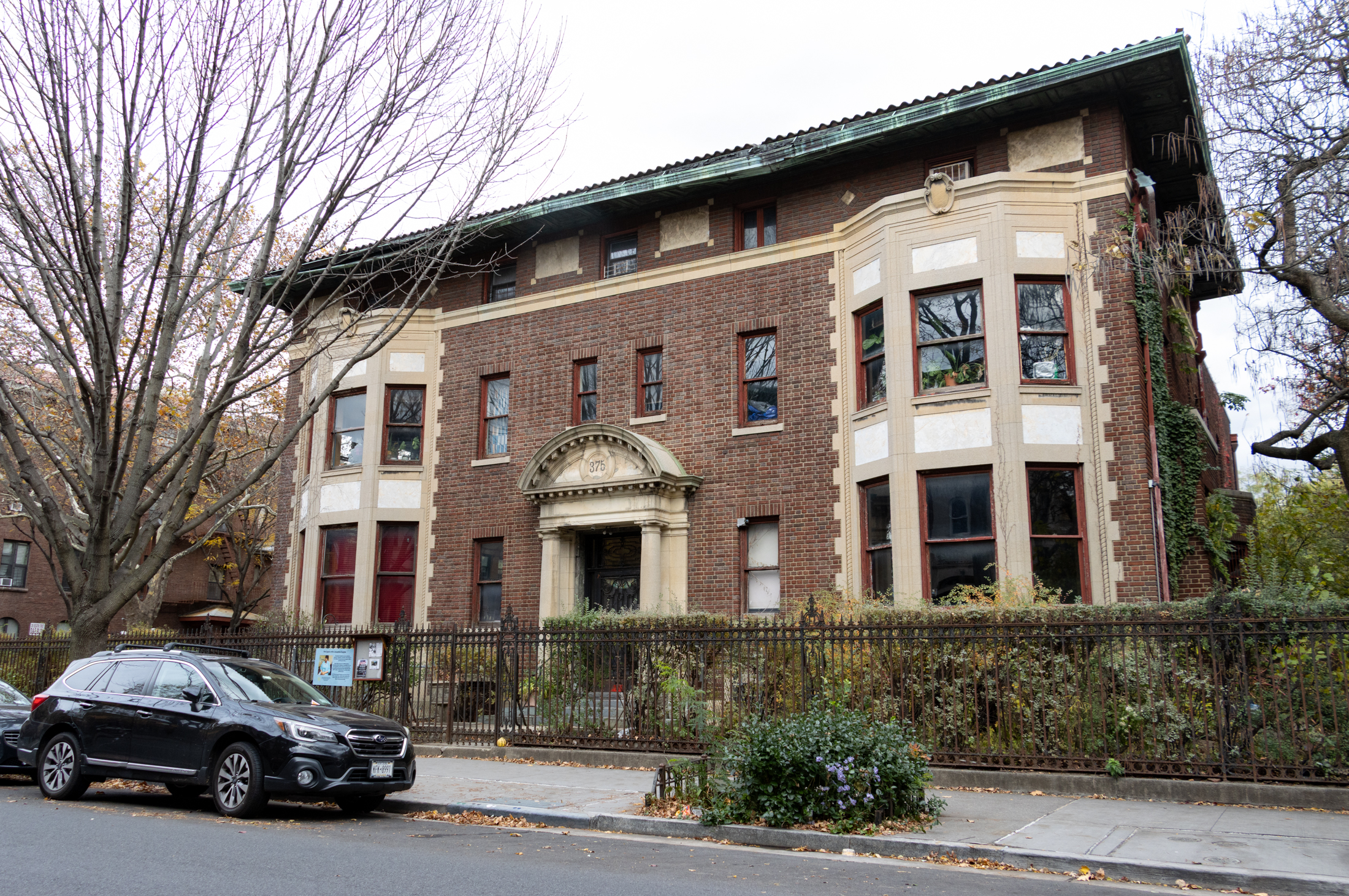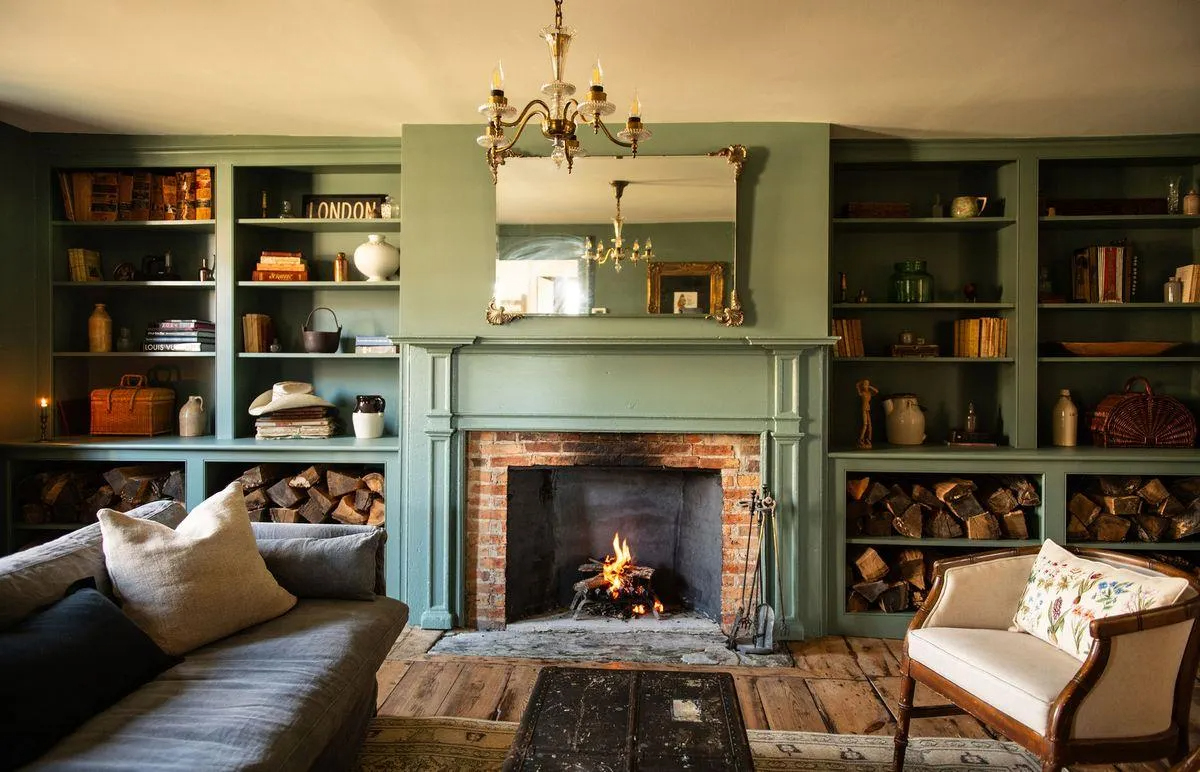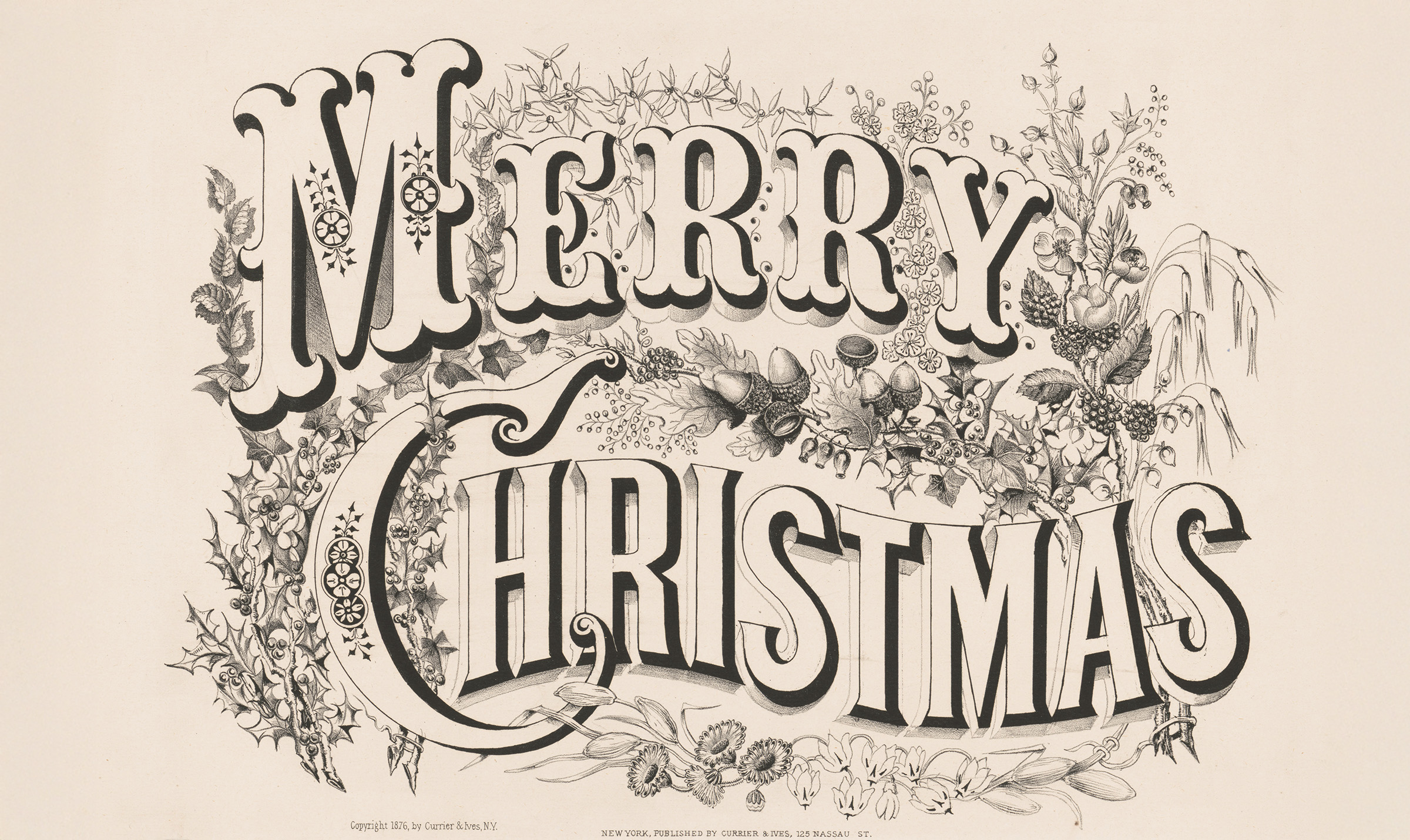Minorities Disproportionately Hit by Foreclosure Crisis
As the foreclosure crisis sweeps the area, blacks and Latinos have been particularly hard hit, according to an article in the NY Times. In fact, in 85 percent of the hardest-hit neighborhoods, the majority of homeowners are black or Latino. The most jarring statistic in the article was that middle class black households were five…


As the foreclosure crisis sweeps the area, blacks and Latinos have been particularly hard hit, according to an article in the NY Times. In fact, in 85 percent of the hardest-hit neighborhoods, the majority of homeowners are black or Latino. The most jarring statistic in the article was that middle class black households were five times as likely to have a subprime mortgage than whites earning similar annual incomes of $68,000 and higher. When The Times visited a stretch of Bainbridge Street in Bed Stuy (photo), it found anecdotally that a number of middle-class black professionals were paying interest rates of nine to 11 percent on their mortgages. One explanation given is a historic mistreatment by, and ensuing mistrust of, mainstream banks by the black community; another, of course, is the targeting of black customers by the most predatorial providers of sub-prime financing. I don’t want to say it’s in the cultural DNA, but a lot of us who are older than 30 have some memory of disappointment or humiliation related to banks, said Colvin Grannum, president of the Bedford-Stuyvesant Restoration Corporation. The white guy in the suit with the same income gets a loan and you don’t? So you turn to local brokers, even if they don’t offer the best rates. Another counter-intuitive fact: Middle-class blacks were more likely than lower-income blacks to have subprime mortgages. The hypothesized reason? The lower-income earners had access to, and took advantage of, community resources (free classes, etc.) to educate themselves. Still, the efforts to make the dream of home ownership more readily available to minorities that began under President Clinton in the 1990s has certainly had some dire unintended consequences. Rather than helping to narrow the wealth and home ownership gap between black and white, Mr. Grannum said, we’ve managed in the last few years to strip a lot of equity out of black neighborhoods.
Minorities Affected Most as New York Foreclosures Rise [NY Times]
Photo by kenf225





Amzi,
When do the tours start? I am definitely interested.
who did the Times think would be most hit by foreclosures? Rich WASPS? Hassidim? What a silly headline.
Good grief. This actually appears to be a case history of how lingering *paranoia* about racism has damaged black well-being more badly than racism itself. (An analogous situation is blacks’ decades-long mistrust of participation in clinical trials based on the infamous Tuskeegee syphilis experiment, leading to underrepresentation of blacks in key research data and, possibly, undertreatment with the most recent and effective therapies.) Maybe the Obama era will erase the last sad vestiges of engaging in self-defeating or self-limiting behavior based on assumptions that the “white guy in the suit” will always and forever have been dealt the better hand. Where are the black “community organizers” when they’re really needed?
This block is one of the most beautiful blocks in Brooklyn. The blocks surrounding this block are equally beautiful. I would recommend people to visit this area or wait for the tours.
Mortgage rates aren’t set soley by the borrower’s income, their credit score is a pretty heavy component of the equation.
no no no i know the difference between high falutin’ and high pollutant. i intended high pollutant. and i think my prostitution comment now that you meantion it made absolutely no sense in terms of home ownership and loans, so ill scratch that one out.
*rob*
rob,
How many people do you know who borrow money to pay for prostitutes?
Just wondering…
nsr
P.S. It is “high falutin”.
i meant, it’s an idiotic concept, not comment :-/
*rob*
I’ve always paid cash for prostitution, rob.